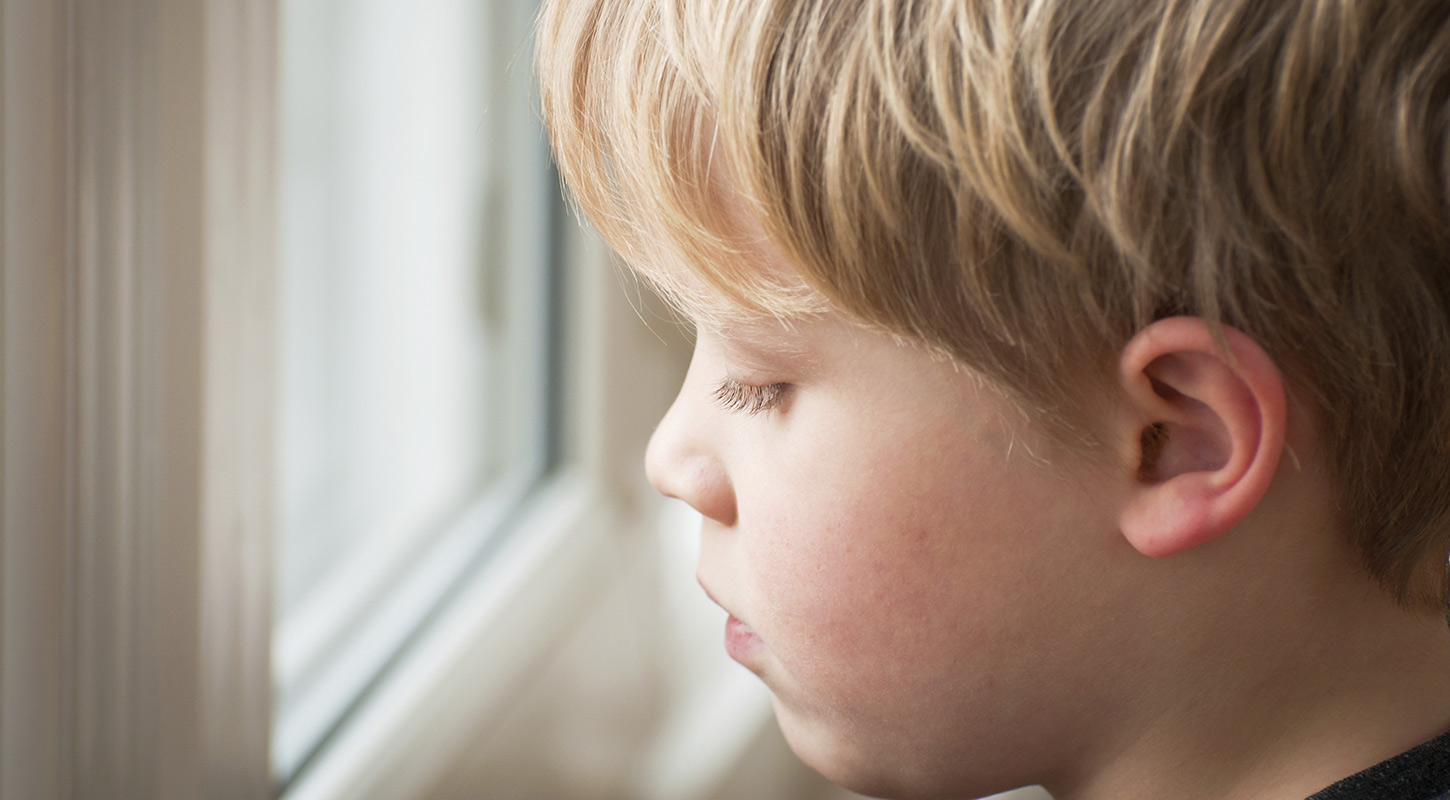What All Parents Should Know about Meningitis in Children

Meningitis, especially in children, can be scary – knowing the symptoms and how to prevent it can help provide peace of mind. Meningitis causes inflammation of the membranes that cover the brain and spinal cord. There are two different kinds: bacterial and viral. Viral meningitis is more common and is often mistaken for the flu. The bacterial strain, while less common, is much more serious and can even cause death. While people of any age can get meningitis, it is most easily spread among people who live closely together.
Meningitis Symptoms
Depending on your age and the cause of the infection, noticeable symptoms can vary. However, most symptoms appear suddenly after suffering from a cold or other infection.
The most common meningitis symptoms are:
- Fever
- Irritability
- Stiff neck
- Headache
- Fatigue
- Rashes
- Seizures
For infants, meningitis symptoms may be different. Look out for:
- Severe irritability
- Inability to comfort
- Lethargy
- Fever
- Stiffness in the body or neck
- Difficulty feeding or a weak suck
- Jaundice
- Swelling at the soft spot on the skull
- High-pitched crying
Prevention of Meningitis
The best way to prevent meningitis is to get the vaccine. Typically given to children ages 11 to 12, the U.S. Centers for Disease Control (CDC) recommends that all kids between the ages of 11 and 18 be vaccinated. It is also important to maintain good personal hygiene, especially in close quarters with others. This includes washing hands often and not sharing food, glasses, utensils, tissues, and any other items that encourage the spread of germs from one person to another. Finally, keep your body and immune system healthy by eating a nutritious diet, include physical exercise in your routine, get the right amount of sleep, and avoid alcohol, tobacco, and other drugs.
Treatment of Meningitis
Viral meningitis is often treated with pain medication, rest, and plenty of fluids, but hospitalization may be necessary if the case is particularly severe. Bacterial meningitis is much more serious. A lumbar puncture will be performed to see whether the infection is present and if it is, IV antibiotics will be administered immediately. If your child has been suffering from a fever, vomiting, loss of appetite, or extreme sweating, the doctor may also provide fluids.
If your child is showing symptoms of either form of meningitis, it is important to see a doctor immediately so the right course of treatment can be prescribed. If you have additional questions about this infection or concerns that your child may have been exposed, speak with your pediatrician.
